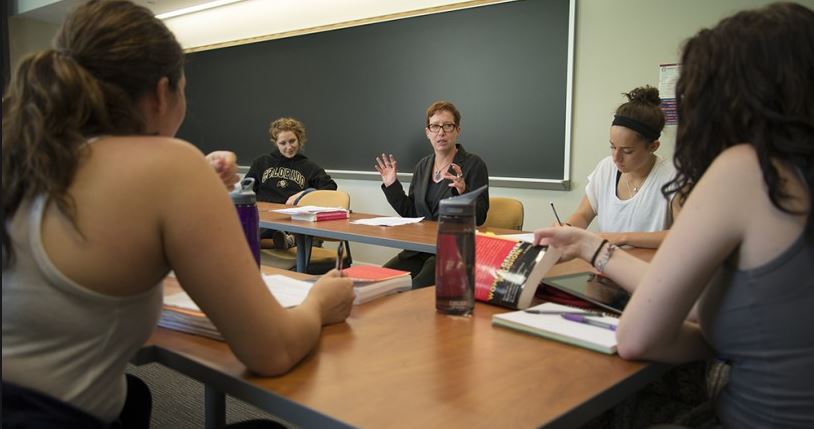My friend’s daughter attends a local school with a classical curriculum, where they are now reading Geoffrey Chaucer’s Canterbury Tales.
Many people would hear this and immediately laud the school for its rigor and devotion to the Great Books.
But predictably, as my friend’s daughter told me, the teacher is guiding students through the text by highlighting all of its supposed examples of misogyny.
Sigh.
It has seemingly become the norm in schools to teach students to primarily view the world through the lens of three categories: race, class, and gender. These categories end up being monotonously imposed on just about every piece of literature that students read (well, when they actually read them).
Thus, Shakespeare becomes an opportunity to talk about “class distinctions and racial stereotypes,” the focus of F. Scott Fitzgerald’s The Great Gatsby becomes its depiction of “abusive and misogynistic violence,” and the book Indian Killer is chosen because it fits into the pre-selected category of “Social Constructions of Race and Gender.”
Now, I’m fine with granting that there are examples in classic literature of what, by our standards, constitutes racism, classism, and sexism—though I think the point is overblown, and usually ignores the subtle nuances in many authors of the past. What I mainly take issue with is exalting these categories to a place of primacy in the interpretation of literature, and for that matter, human persons and reality.
Also, I think it would be too much to claim that most teachers are zealots for these issues. Rather, it’s more likely that these are simply the default categories they gravitate toward because it’s what they know, because it’s what they themselves were taught.
Unfortunately, students who are taught literature through the singular prism of race, class, and gender will never really understand a literary work. As English professor Anthony Esolen has pointed out, it’s nothing less than a reductive act of “violence” on a piece of art…
… one that merely imposes on the text rather than receives anything from it
… one that make students into critics rather than so-called “critical thinkers”
… one that misses the forest of deeper truths for a few trees of supposed prejudice.
As Esolen rightly says, “[T]he reduction is not only violent. It is stupid.”
—
Dear Readers,
Big Tech is suppressing our reach, refusing to let us advertise and squelching our ability to serve up a steady diet of truth and ideas. Help us fight back by becoming a member for just $5 a month and then join the discussion on Parler @CharlemagneInstitute!
















Leave a Comment
Your email address will not be published. Required fields are marked with *